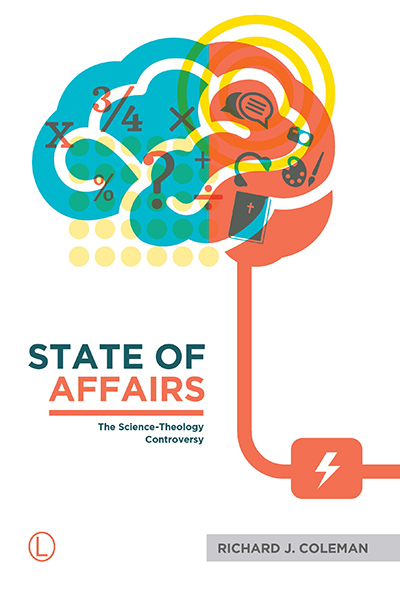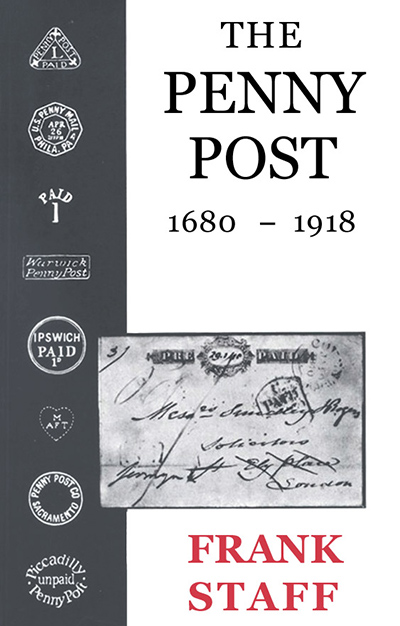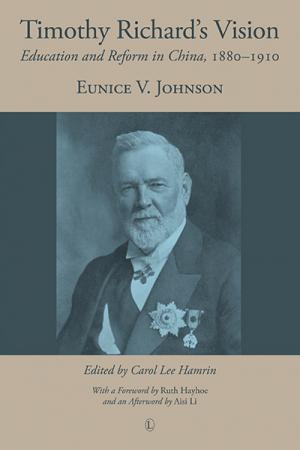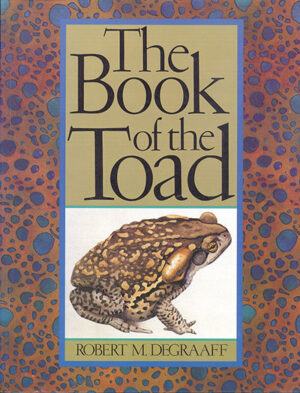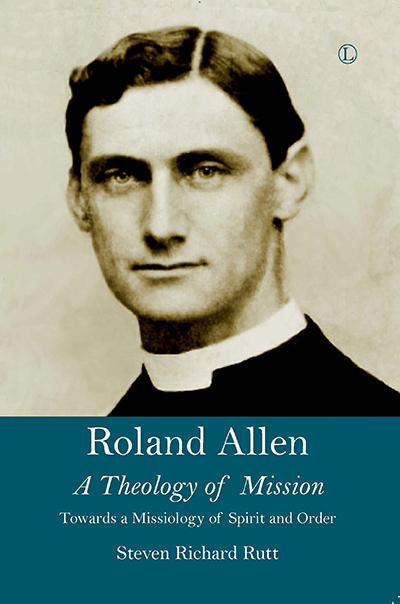Description
The last sixty years have witnessed a virtual explosion of interest in how modern science and traditional Christianity intersect. This new rapprochement with science has irrevocably altered how Christians think of God, providing a foundation from which we cannot retreat, but from which we also cannot move forward until we examine the assumptions on which it is based. For the first time, Richard J. Coleman interprets in a clear and meaningful way the themes and practitioners that make this rapprochement different, and what it has achieved. But this book is more than description – it is an inquiry into whether Christian theology has lost its authentic voice by its singular focus on accommodating modern science.
About the Author
Richard J. Coleman is the author of two previous books exploring the subject matter of religion and science: Competing Truths: Theology and Science as Sibling Rivals and Eden’s Garden: Rethinking Sin and Evil in an Era of Scientific Promise. A graduate of Johns Hopkins University and Princeton Theological Seminary, the author has retired from a career as teacher, executive director, and minister in the United Church of Christ.
Contents
Preface
1. The Contemporary Scene
The New Atheism
Liberal Protestant Theology
The Evangelical Turnaround
The Roman Catholic Tradition
Bothersome Questions
2. Irreconcilable Differences
Rereading History
A History of Irreconcilable Differences
A Clash of Methodologies
Conclusion
3. The New Rapprochement with Science
Amicable Separation
Antecedents
The New Rapprochement
4. Lingering Questions and Some Tentative Conclusions
Lingering Questions
Some Tentative Conclusions
5. The Distinctiveness that is Science
The Measure of All Things
Radical Reductionism
To Think Mathematically
Tinker, Inventor, and Engineer
Problem Solving
Methodology Per Se
6. The Distinctiveness that is Christian Theology
What Counts as Theologizing
Theology’s Faith Factor
The Real that Really Matters
Word Truth
Methodology Per Se
7. Where Do We Go from Here?
Level the Playing Field
The Shortfall of Separate but Equal Domains
Science and Theology Complement Each Other
A Place at the Table
Engagement as Disputants
What Lies Ahead
Selected Bibliography
Author Index
Subject Index
Endorsements and Reviews
In this candid survey and synthesis, Richard Coleman states clearly what he considers to be both right and wrong in contemporary attempts to integrate science with the world of faith and theology. This well-informed book deserves careful reading and commentary.
John F. Haught, Georgetown University
About fifty years ago, a new dialogue between science and religion began to replace the older period of conflict. While the dialogue has been rewarding, it’s time for some hard questions. Honest, forthright, sometimes disturbing, but always insightful and instructive.
Ron Cole-Turner, Pittsburgh Theological Seminary
This book is essential reading for anyone who believes we need to re-examine the suppositions of the academic discourses of theology and science, and who wonders what it would take for Christian theology to develop a more critical – dare I say prophetic – voice.
Lisa Stenmark, San Jose State University
There is much that is perceptive in Coleman’s construal of the very different tasks and distinctiveness of the science and theology: his encouragement to theology to adopt a more robust attitude to science is surely valuable. Also, his ‘lingering questions’ for the NR are spot-on in identifying some of the outstanding problems with the science-religion discourse.
Mark Harris, in Theology, Vol 119.1

